Where is the public in public health?
Whose health is it anyway? was the question posed by a panel of public health experts at the Aye Write festival.

"Glasgow has the record as ‘the sick man of Europe’, but has a reputation for innovative thinking about public health alongside community-driven models for change. What is the overall picture of public health in the city, and how can we best aid and support long-lasting and fundamental change both in individual attitudes and at the level of society?
'Where is the Public in Public Health' was part of the Reimagining Scotland series of discussions looking at issues and debates for Scotland’s future. Speakers were: Professor Phil Hanlon, Dept of Public Health, University of Glasgow; Fiona Crawford, Glasgow Centre for Population Health; Dr Gerry McCartney, NHS Health Scotland; Isabella Goldie, Mental Health Foundation Scotland. The event was chaired by Dr Rosie Ilett, Glasgow Centre for Population Health."
The panel talked about inequality and the fact that people in Scotland are dying far too young. This is a true injustice and I commend the panel for being so blunt about it! Transport was a topic that cropped up several times - we need to work together to slow the traffic down both physically and metaphorically. I think we are all good at identifying what needs fixed but need to question why it is broken in the first place and focus on assets rather than new shiny solutions.
As you would expect mental health was also a topic of conversation. Niel talked about promoting positive mental health that considers social networks, self-esteem, social capital and our physical environment. A mentally healthy society will be an equal one and I think that requires lots of different thinking from society and citizens.
But there is hope! Phil Hanlon declared 'let's be innovative' Of course things weren't always this way and things can be different! Hear Hear!
The notion of community empowerment began to shine through towards the very end when a report by Shiela Bec 'Good places, better health' was brought up because of it's approach. The research for this paper involved handing the citizens cameras instead of questionnaires - incredibly simply yet so powerful.
I left this event wondering whose job it is to change this stuff? Who is held responsible? and it seems Scotland thinks its much healthier than it actually is...
I respect Phil Hanlon for his unwavering optimism! 'We will change and it's so exciting' I echo his advice to talk about vision and imagine a radically different Scotland. Of course, we could both be accused of being flippant but I believe we have to see this as an opportunity.
I would like to see this conversation continue in a more open way with members of the public in the room!


